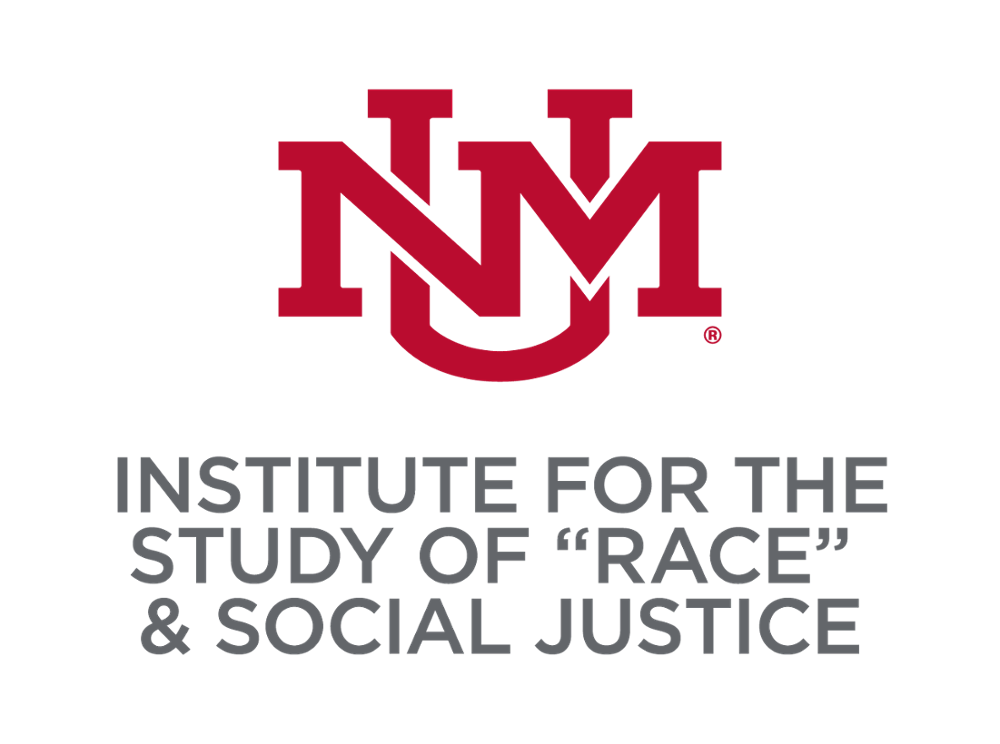Jamal Martin
- PhD, Community Health Education , 1998 to 2002, The University of New Mexico
- MPH, Community Health Development , 1986 to 1987, University of Hawaii at Manoa
- BA, Human Services and Health Sciences , 1983 to 1985, Hawaii Pacific University
J.E. Jamal Martín, born in Norfolk in 1954, educated at the New School for Social Research, completed his undergraduate degree at Hawaii Pacific College and graduate degree at the University of Hawaii’i at Manoa with postgraduate work at the University of Michigan. He has conducted interdisciplinary research, taught and practiced in local, national and global settings in nursing, medicine and international health. He joined the faculty of the University of New Mexico in 2010 and received his PhD from that institution in 2002. His readings in the ‘black experience’ started in 1968 at the Schomburg Collection in Harlem, NYC and more extensively with postdoctoral area studies in the Africa and Middle East Reading Rooms at the U.S. Library of Congress. Alongside his complex problem solving (interdisciplinary) research and teaching interests lies African-Iberian historiography, the Moors, the ancient manuscripts of fabled Timbuktu, the study of Islam in Africa and the Americas, and Africa in antiquity.
Equally important his praxis in Africana Studies emphasizes transdisciplinary discourse on revisiting and revising the ‘black radical international tradition’ with theoretical and practical contributions from Rabaka’s (2009) ‘Africana Critical Theory,’ of contemporary culture and society. In short, the globalization of western educational ideologies and school organizations has racially colonized, oppressed, and exploited continental and diasporan Africans. Notably an agenda for research, policy, and practice for people of African descent means resisting ‘epistemic apartheid.’ In reality, ‘decolonization and revolutionary re-Africanization’ ought to promote the right to learn transformative knowledge and knowledge transfer for the construction of ‘shared human products’ (culture and civilization).
As an illustration, the ‘black experience,’ the African struggle for liberation, coupled with American exceptionalism and power in national and international politics then calls for critical scholarship of racialization in democratic education. In view of Tocqueville’s On Democracy in America (1835, 1840), Myrdal’s American Dilemma (1944), and Rawls’ Theory of Justice (1971, 1975, and 1999), he sees the persistence of ‘illiberal, undemocratic expressions’ of and about ‘the Negro Problem.’ With this in mind, Dr. Martín sees Africana Studies as a platform for educational diversity and raising intellectual questions and imperatives about the human condition and the limitations of racialized hierarchies.
As an African and African diaspora scholar and public health scientist-practitioner, moving from infectious and chronic disease epidemiology to psychosocial and forensic epidemiology, his praxis now includes global health justice and diplomacy, human rights and the use of critical legal theory in international institutional law. His investigations comment on the interactions between Pax Africana (Mazrui, 1967, 1980, 1983, and 1984); The Racial Contract (Mills, 1997), Pathologies of Power (Farmer, 1999, 2005); Structural Violence (Galtung, 1969; Ho, 2007); and his own research on trauma-related syndromes violence/aggression and stress (Martin, 2002, 2011).
Dr. Martín has designed ‘Blacks in Science and Technology,’ and ‘Structural Violence and Health Diplomacy’ that fall under historical investigation and social and structural analysis. Additionally he teaches Health Promotion, Disease Prevention and Control, Introduction to Health Equity for Medical Students, Global Health and Epidemiology, and coursework under the Diversity of Human Experience within Family & Community Medicine within the School of Medicine, University of New Mexico.
Consequently, a top priority for his public scholarship and community engagement is spelling out the deep similarities and pattern recognition and interpretation of health/peace and disease/violence metaphors for social change. Dr. Martín has work published in a textbook, and several scientific and educational journals and has mentored numerous emerging scholars and health care practitioners. As an activist, he advocates for scholarship aimed at the ‘primary prevention of psychopathology’ and social transformation through global policies that frame civil and human rights as health security issues. Recent, completion of the O’Neill Institute Summer Program on Global Health Governance, Georgetown University Law Center enables him to challenge student-learners in developing a more critical view of transformative education or grasp of ‘health as a key function of foreign policy.”
Current projects include a health promotion and disease prevention and control project in Togo, as well as, supportive work for study abroad in Egypt. Future projects on health sciences professional education in Zambia, Uganda, Ghana, Tanzania, Morocco, and Ethiopia are under consideration.
Dr. Martín’s effort through Africana Studies continues to represent the ‘radical political intellectual-activist ancestors’ work of improving social justice, health equity for people of African descent.
He and his wife, Jahaan, have four children and two grandchildren.


